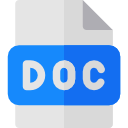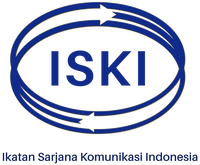Financial Navigation: Building Generation Z Literacy through Learning Channels
DOI:
https://doi.org/10.31315/jik.v23i1.14790Abstract
This research aims to explore the role of learning channels in enhancing financial literacy among Generation Z. Given the increasingly complex financial challenges in the digital era, financial literacy is becoming an essential skill to possess. This study employs a quantitative approach using questionnaires with active university students from the 2019-2022 cohorts aged 18-22 years as research subjects. The learning channels used as indicators in this study are: family / friends, social media, formal education, influencers, investment apps, and non-formal education. The data obtained were analyzed using Smart-PLS. The results of this study indicate that learning channels with the indicators of family, social media, formal education, and investment apps have a significant impact on financial literacy, whereas influencers and non-formal education do not significantly affect financial literacy. These findings suggest that financial literacy among Generation Z can be effectively improved through structured and relevant learning channels, particularly those integrated into daily life and formal education settings.
Downloads
Published
Issue
Section
License
Authors who publish articles in this journal agree to the following terms:
- Copyright remains with the author and gives rights to the Jurnal Ilmu Komunikasi as the priority to publish the article with an Creative Commons Atribusi 4.0 Internasional License, which allows the article to be shared with acknowledgment of the author of the article and this journal as the place of publication.
- Authors can distribute the publication of their articles on a non-exclusive basis (for example: on university repositories or books) with notification or acknowledgment of publication in the journal Option
- Authors are allowed to post their work online (for example: on personal websites or in university repositories) before and after the submission process (see The Effect of Open Access)
Jurnal Ilmu Komunikasi is licensed under a Creative Commons Atribusi 4.0 Internasional License.









